What does it mean to write regularly and how can I go about improving my writing skills? I have been trying to find the answers to these questions this past month, consulting with writers I know. While researching for things to do in my writer’s sandbox, I came across 750words.com. As I read more about what it has to offer, I became curious about where the idea came from. Hence, I turned to Buster, the developer for the website and got some pearls of wisdom from him about writing. Our conversation led me to think deeply about the small ways that I incorporate writing in my daily life through my bullet journal.
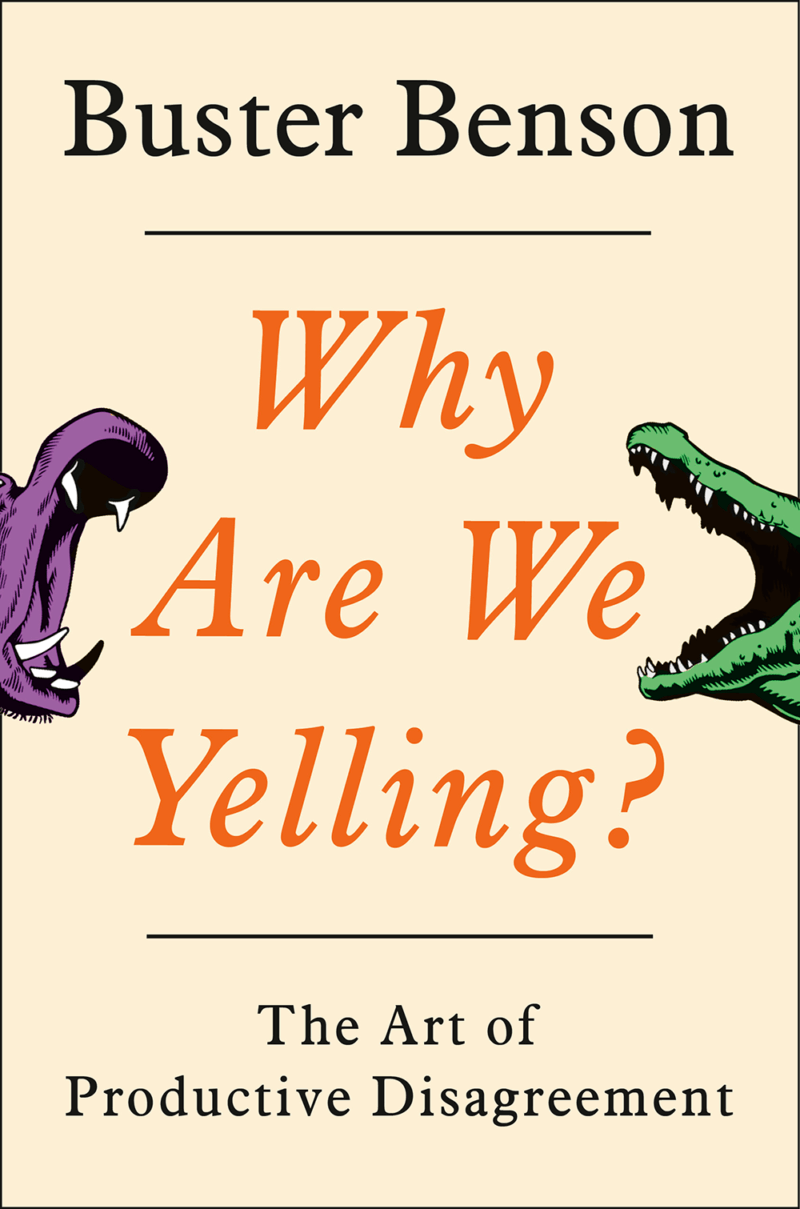
Buster Benson just finished writing his book, Why Are We Yelling? The Art of Productive Disagreement. I got in touch with him because he is the creator of 750words.com, the online writing community website I mentioned, which keeps track of your daily word count, provides insights, such as mood, about the writing, as well as connects you with fellow 750words-a-day people. Since I am interested to learn more about writing, my questions were about honing the skills and the role 750words.com plays in it.
On Writing as a Problem-Solving Strategy
My first question for Buster was how he came to develop a regular habit of writing.
I’ve always been an avid journaler, and think the habit really embedded itself in my psyche when I read The Artist’s Way in college. The idea of morning pages led to such a huge personal benefit that I’ve considered it an essential part of my life since then.
I do not write on 750words.com yet but I have a bullet journal which has led to a positive shift in myself since I started. But what does writing regularly really mean? Does it mean sitting down and putting words on paper or to type them on a computer every single day? Is it playing in the sandbox? And how does one make time for it?
I don’t force myself to do it every day. It’s usually in service of a problem in my head that I’m trying to think out. I think a lot of people benefit from talking out their problems with other people… this is a way to do that without having to burden other people. I have enough conflicted perspectives in my own head to supply endless (usually boring) back-and-forth between options. When everything is going smoothly and I don’t have any interpersonal or financial or creative problems to work through, I don’t write. In practice, though, I usually have at least one of those things going on.
I love this way of thinking about writing – it’s a problem-solving methodology. I find relief in noting things in my bullet journal. They can be as simple as ‘it was a productive day’ and as detailed as the impactful discussion I might have had with a colleague. The fact that I write something everyday brings me satisfaction and it takes then pressure off of what I am writing or who I am writing for.
On Knowing our Internal Dialogue
Buster mentioned how he uses writing to tackle a problem. On 750words.com he calls this “getting into your brain”. I asked him to elaborate more and what it looks like when he is in that zone.
I think of it as getting behind the thinking process, which is also the goal of practices like meditation. When you just blurt everything on the page without censoring it (which you can only do when you’re feeling pretty confident that others won’t read what’s being written) then you can actually see what’s in your head in a more tangible way. You can also look at words on a page and think, “Hmm… that doesn’t seem right.” When they’re just thoughts in your head it’s hard to look at them. They often don’t fully articulate themselves and therefore can evade criticism.
Bullet journalling has done that for me. I remember when I first started, I used to have separate sections for personal and professional reflections. I used to love spending time just writing lengthy notes in there, exploring the commentary in my head about what I was learning and the environment I was in. It also got me into writing every day.
On Writing in 750words.com
I wondered how using 750words.com helped Buster pursue writing.
A ton! Most of writing, for me, is about figuring things out, making new connections, identifying blind spots, and patiently waiting for the right words to connect everything together. So having a scratchpad to test half-formed thoughts and connections is absolutely critical for me to eventually get to fully-formed thoughts.
That resonated with me so much because when I look through my bullet journals now, they are scratchpads, full of ideas that I wished to pursue and thoughts that materialized onto paper. My bullet journals are personal though I show them to my family sometimes when I am super proud of certain artifacts. Otherwise, only I consult my journals. Maybe it is this confidence of privacy that allowed me to continue working in them, uncensored. However, everyone does not have the same situation and this leads well into why Buster built 750words.com:
It came out of a long paranoia of having other people read my journals. I used a series of online tools and apps on my computer, but there always seemed to be some way for someone to gain access to the words. If I made a website that was designed to lock words away, and make it hard even for the original writer to find them again, then that would let my worrying voice finally quiet down.
On his website, the community writes every day and those writings are completely private. After all, don’t we all want to reflect and be free from others finding out what we are writing if we do not want to share?
It is Jewish tradition to observe ten days of reflection between the holidays of Rosh Hashanah and Yom Kippur. This time is used to look at deeper questions about the past, present and the future. Inspired by this practice, Nicola Behrman, Ben Greenman and Amelia Klein, in collaboration with Reboot, created 10Q: Reflect. React. Renew. This is a reflection exercise for 10 days near the end of September every year, each day revealing a thoughtful question about the year that passed or the one that is coming up. The reflections are private, though they can be shared (anonymously or with attribution) with the community. At the end of the period, answers are locked away in a vault and are accessible the next year in read-only form.
On New Insights
10Q, however, does not offer any extra analysis. Nor do my bullet journals. When asked about the features of 750words.com that he is most proud of, Buster said:
I think the linguistic analytics are pretty fun. They’re more art than science, but they’re interesting enough to be another mirror into ourselves, and that will sometimes spark a new realization that wouldn’t have otherwise occurred.
As a data analyst, it was these very insights and analytics that 750words.com offers that got me curious. Exploring Buster’s own website and the presentation of milestones in his life, have inspired me to think deeply about my own computing skills and how to use them better in my presentations of thoughts.
On Becoming a Better Writer
My current aim is to become a better writer. I do not have the idea of a book in mind but my drive to learn about technology, computing, language, psychology, productivity and more has led to me to express my ideas better. In his book, The Sense of Style, Steven Pinker says:
The starting point for becoming a good writer is to be a good reader. Writers acquire that technique by appointing, savouring, and refer-engineering examples of good prose.
Reading encourages deeper thought and when I asked Buster for advice for someone who wants to write regularly, whether for publishing or for fun, he mentioned reading as well, among other great ideas.
✍︎ Write every day. 🙂
✍︎ Publish stuff that isn’t perfect.
✍︎ National Novel Writing Month is a yearly community event where people write a 50K novel in the month of November. I highly recommend joining that for at least one year.
✍︎ Publish a blog post a day for 30 days.
✍︎ Read a lot and take a lot of notes.
✍︎ Give yourself a problem that you want to solve and then write your way through it.
His words that resonated the most with me were the following:
Write stuff that only you could write. Work through expectations about fame and success and be kind to yourself when all of that takes a lot longer than you had originally thought.
We are all unique. Though we share interests, our experiences are different and we each bring something new to the table. The things we read, the routines we engage in, whether we write on paper or type on a computer, we are all trying to make the best of the tools that we have been given. We compare ourselves to others and get bogged down by numbers – who has more followers? Who has more website subscribers? When we learn to internalize that dialogue and look at our growth, rather than what others have, we give ourselves the opportunity to do great things. Things only we can do.
If the goal is to write then we must continue to work on it, on the voices that stop us, and the thoughts that spiral around in our heads and cause excitement when we can calm them down and grief when we forget them.
Here’s to writing every day and getting into our brains!
Banner Photo credits: Photo by Nick Morrison on Unsplash

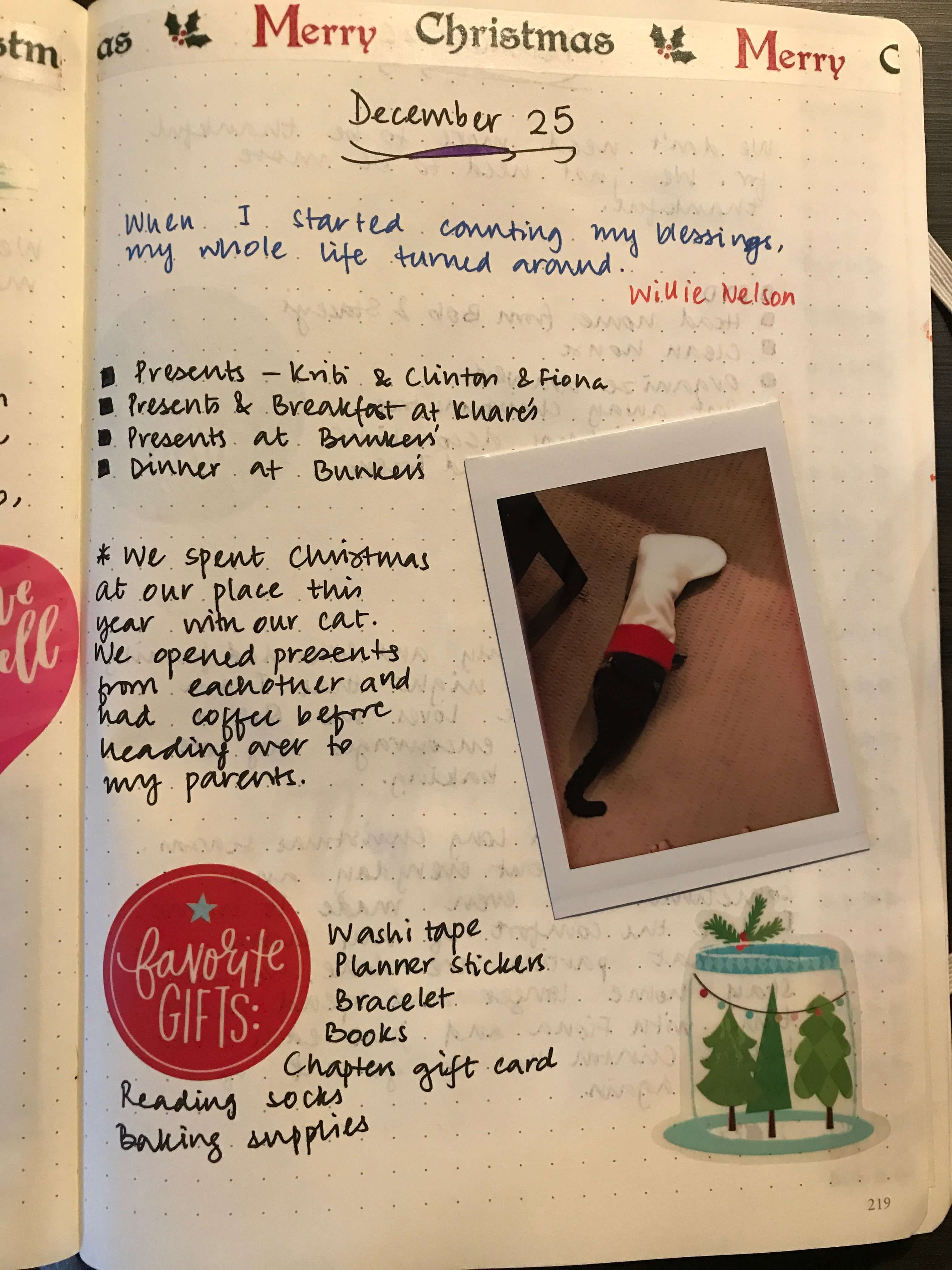
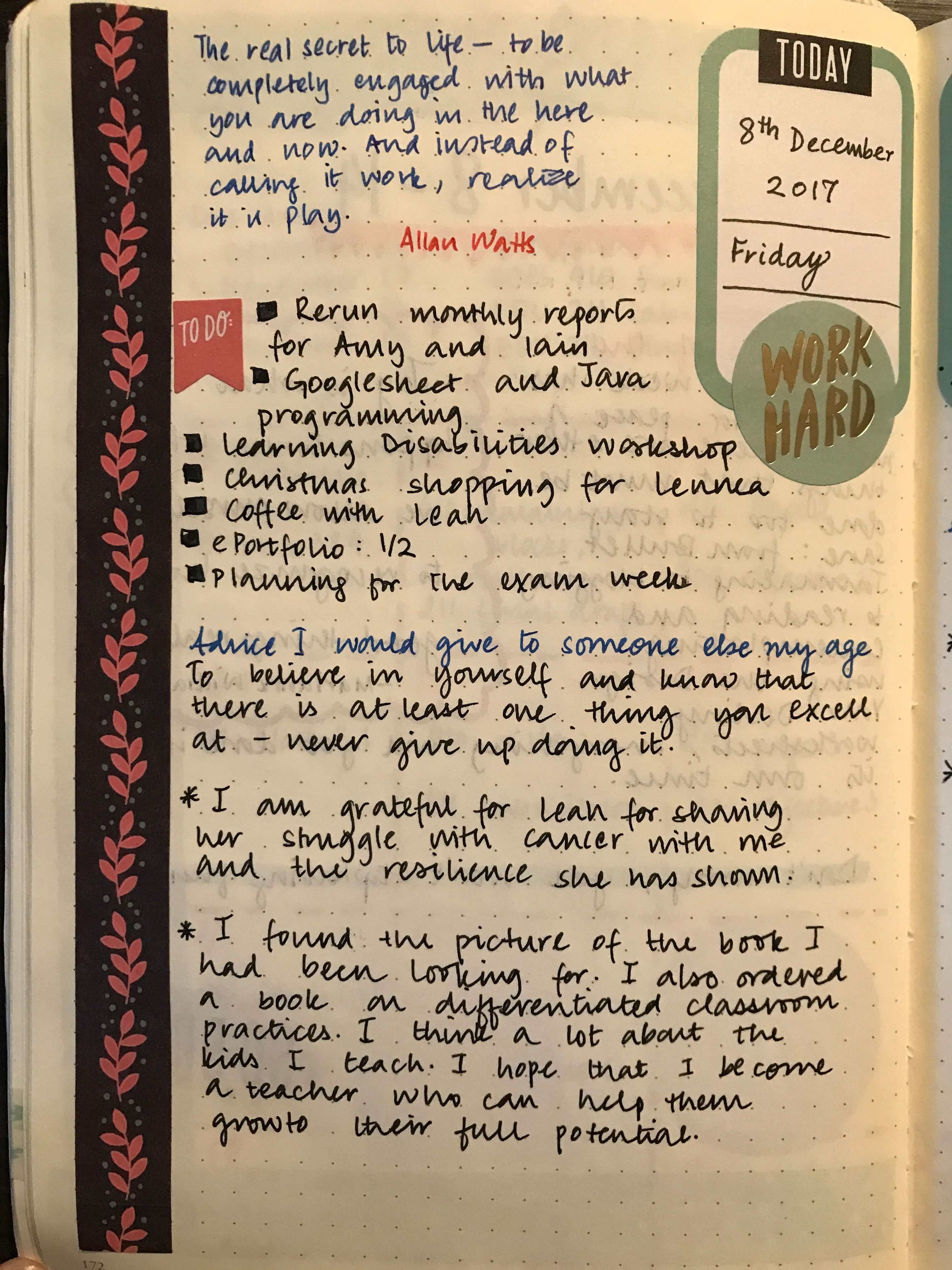
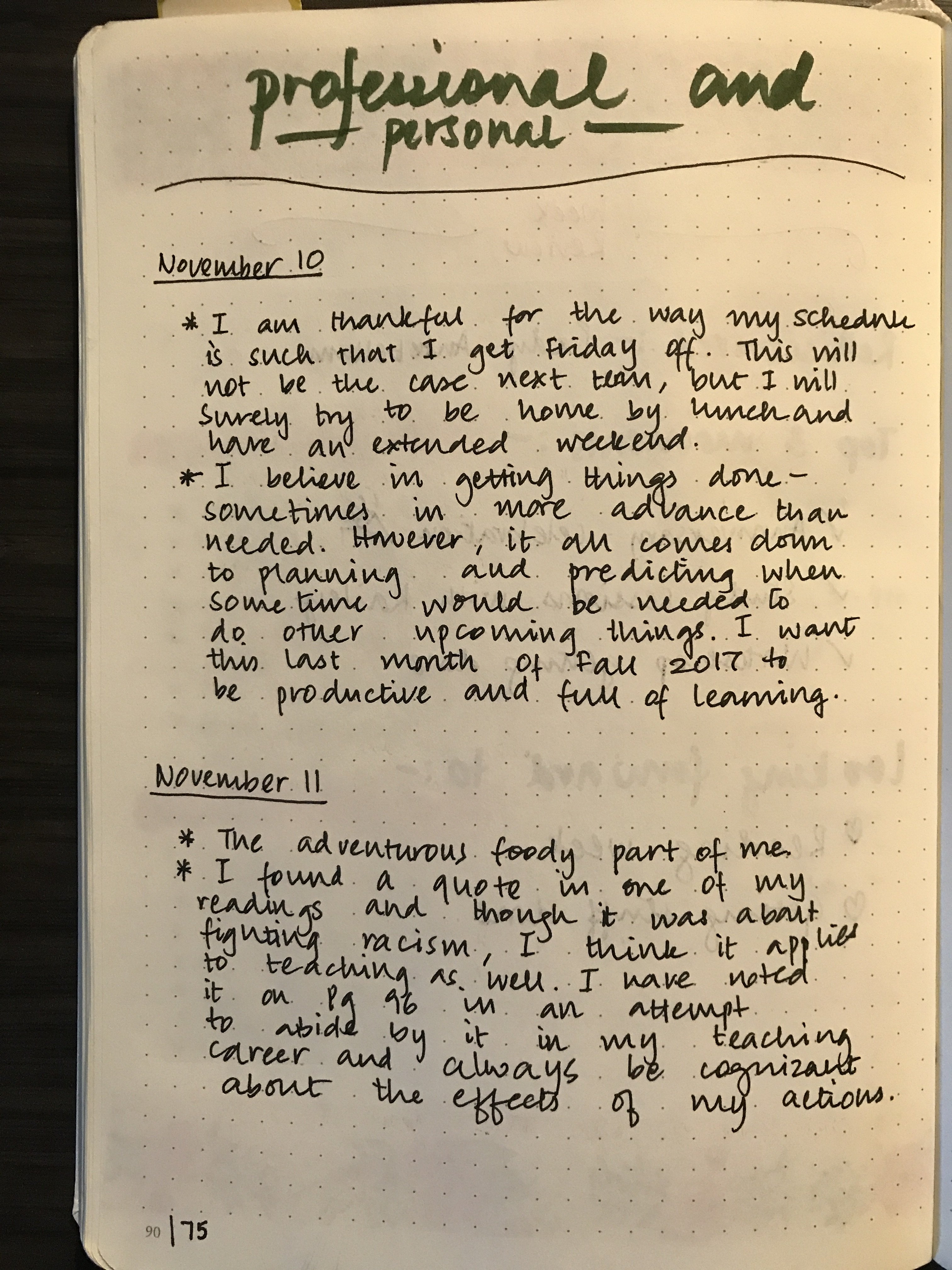
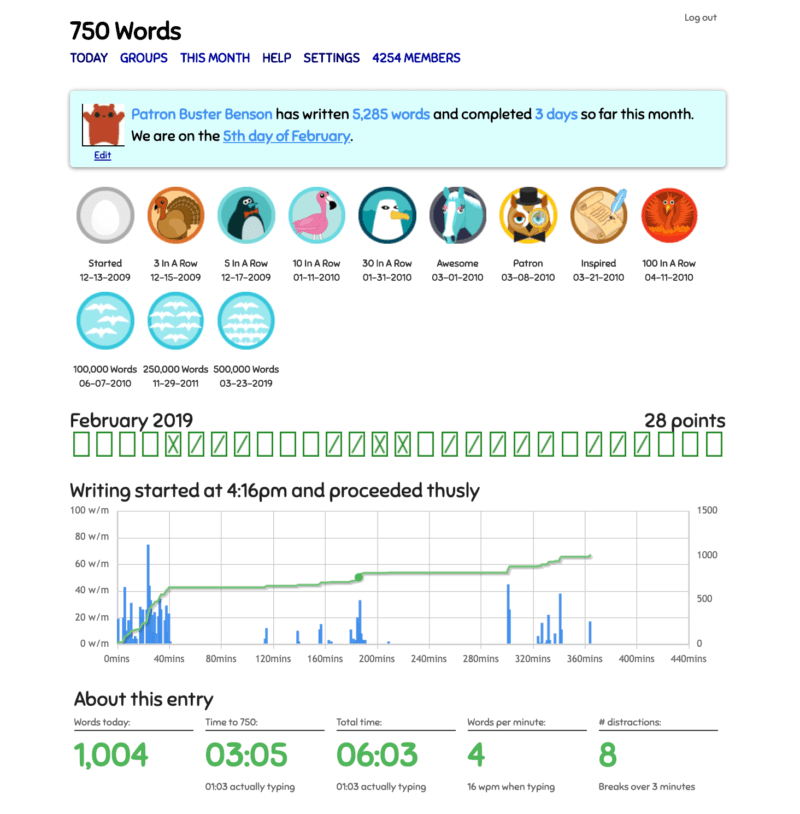
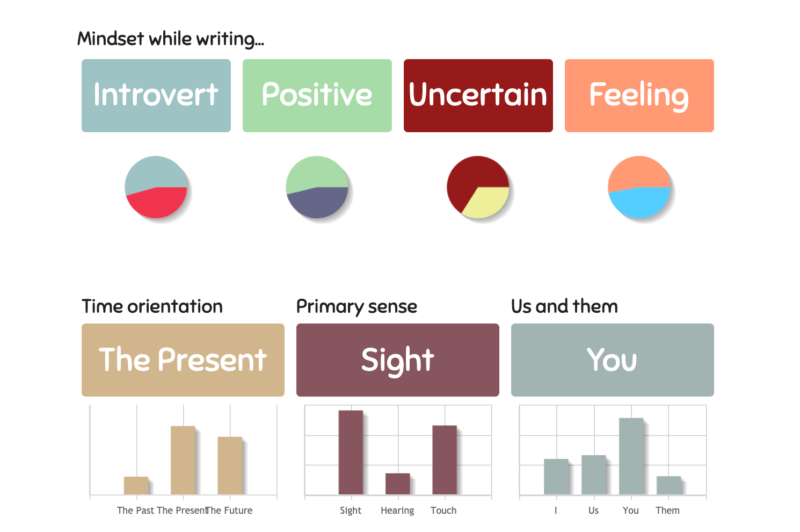
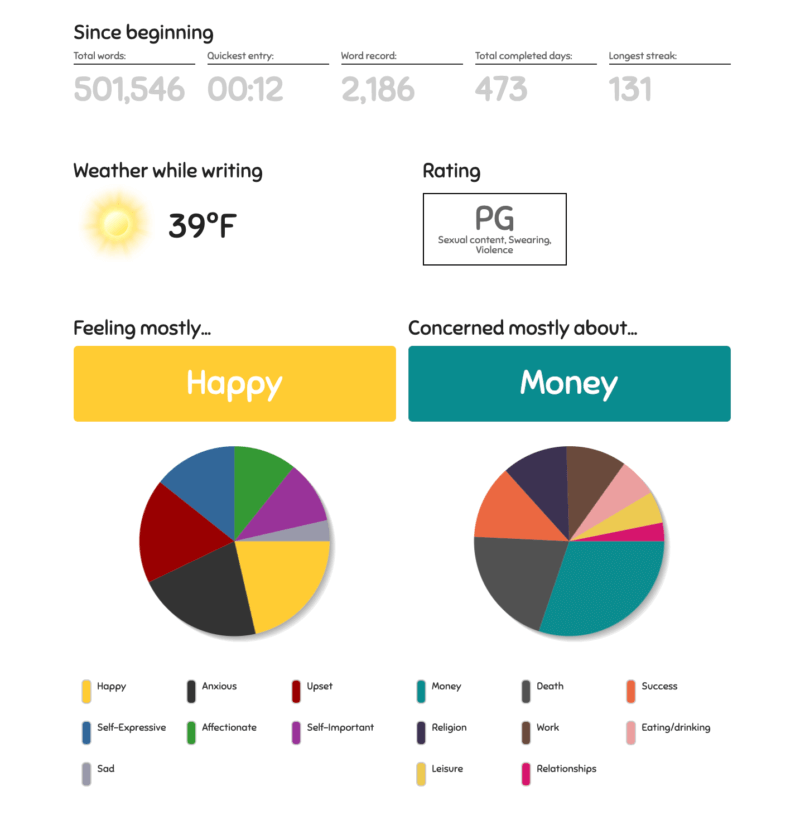
Be First to Comment